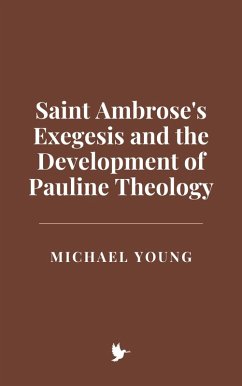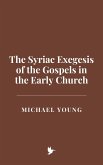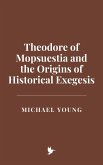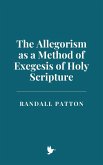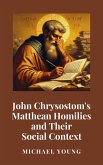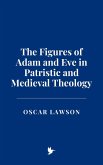Ambrose's intellectual life was characterized by his integration of classical learning with Christian doctrine, a feature that defined much of his exegetical and theological work. His education, typical of a young man of his social status, would have included a thorough grounding in rhetoric, law, and philosophysubjects that would prove influential in his later theological writings. He became fluent in Greek, which allowed him to engage with the writings of the Church Fathers in the East, particularly Origen and the Cappadocian Fathers. His studies of the Scriptures, particularly of Paul's letters, were deeply informed by his classical training, but he sought to develop a distinctive Christian exegesis that incorporated both the moral and spiritual dimensions of the biblical text.
Dieser Download kann aus rechtlichen Gründen nur mit Rechnungsadresse in A, B, CY, CZ, D, DK, EW, E, FIN, F, GR, H, IRL, I, LT, L, LR, M, NL, PL, P, R, S, SLO, SK ausgeliefert werden.

